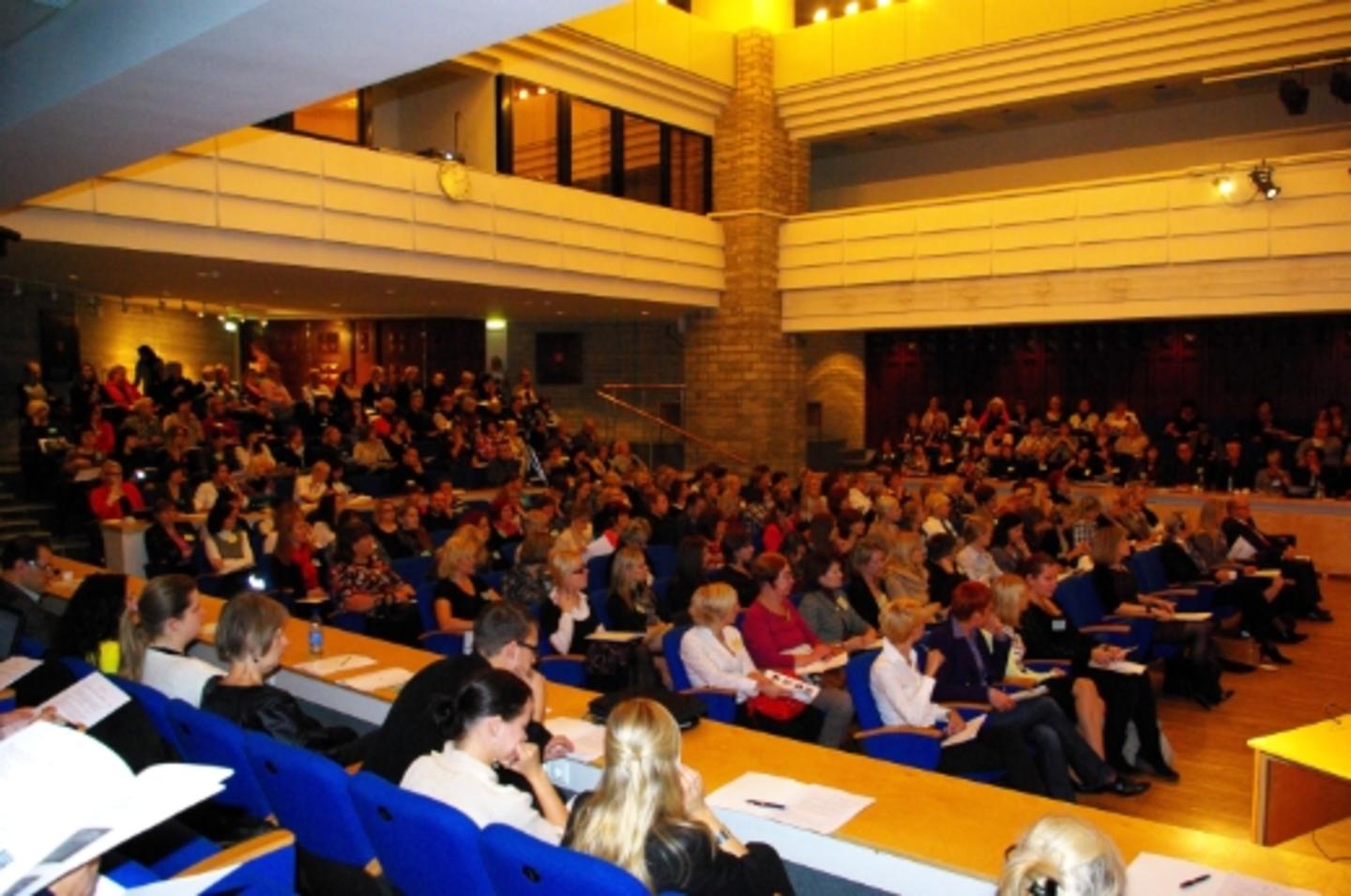Children are the target group of three EEA and Norway Grants programmes that are being established in Estonia. In total, these programmes amount to €17.4 million.
The Grants support the creation of a support system for children and youth at risk and their families in Estonia. Previously, the efforts to help neglected children and minors behaving in creach with norms and laws in society have been underfunded and fragmented. The new approach is based on early detection and intervention in the local community. This requires training of parents as well as close cooperation and coordination between schools and public institutions, such as child welfare and youth correctional services.
Another programme aims to improve access to and quality of health services, including reproductive and preventive child healthcare. This includes improving mental health care for children and youth. A separate programme on domestic and gender-based violence will improve the situation for many children who are exposed to domestic violence.
The three programmes have been developed in close cooperation between three Estonian ministries and three partners from Norway: the Estonian ministries of Social Affairs, Justice, and Education and Research, and the Norwegian Public Health Institute, the Norwegian Association of Local and Regional Authorities, and the Norwegian Directorate of Health. The northern office of the Norwegian Directorate for Children, Youth and Family Affairs has contributed by sharing its own experiences and bringing in a number of experts from Norway.
Bringing assistance to children
The conference was opened by the Estonian Minister of Social Affairs, Hanno Pevkur, Ambassador of Norway, Lise Kleven Grevstad, and Deputy Secretary General of the Estonian Ministry of Education and Research, Madis Lepajõe.
Speaking at the conference, Mr Pevkur emphasised the evolving concept of children and youth at risk, in which mental health issues are of increasing importance. Ambassador Grevstad pointed to the central role of the children in the Norwegian government’s policies. She also elaborated on the close relationship between Norway and the EU, and highlighted the opportunities for strengthening bilateral ties under the EEA and Norway Grants 2009-2014.
Deputy Secretary General of the Estonian Ministry of Education and Research Lepajõe underlined the importance of cooperation between state institutions to guarantee comprehensive services for the children in need. He also emphasised the necessity of bringing assistance as close to the children as possible, such as at the municipal level.
The speakers gave an overview of different practices in the work with children at risk, introduced the results of evidence-based programmes, and explained the background for potential reorganisations or proposed reforms to the system.
The 300 people in the audience included youth workers, municipal officials, teachers, social workers and, researchers. The conference was also extended to the Internet, and those who did not have a possibility to participate in the event could follow it online.
Credit: Norwegian Ministry of Foreign Affairs
